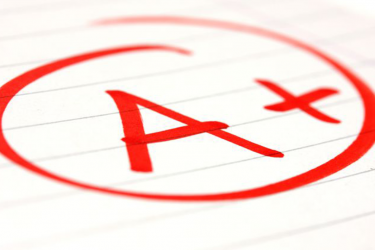Read full review of BookwormHub.com
Improving your grades is a process that besides learning and сramming involves considering multiple factors. To not miss any of them, keep in mind that the whole system can be broken down into 3 main branches: physiological, communicational and educational.Latest posts

Understanding the Print Function in Python
One of the first function you’ll be introduced to when learning Python is the ... Read more

Mastering PL/SQL Interviews: Essential Questions and Answers.
For both beginners and experienced ones, getting ready for the PL/SQL interview ... Read more

Advantages And Disadvantages of Online Learning
For any student who lives within informational society in uncertain pandemic tim... Read more

How To Make School Less Stressful
As a school student every person faces numerous novelties and difficulties which... Read more

Stress Management Activities for College Students
Being a college student implies facing plenty of sources of stress. All of which... Read more

TOP-10 TIPS TO IMPROVE YOUR GRADES IN COLLEGE
Improving your grades is a process that besides learning and сramming involves ... Read more


